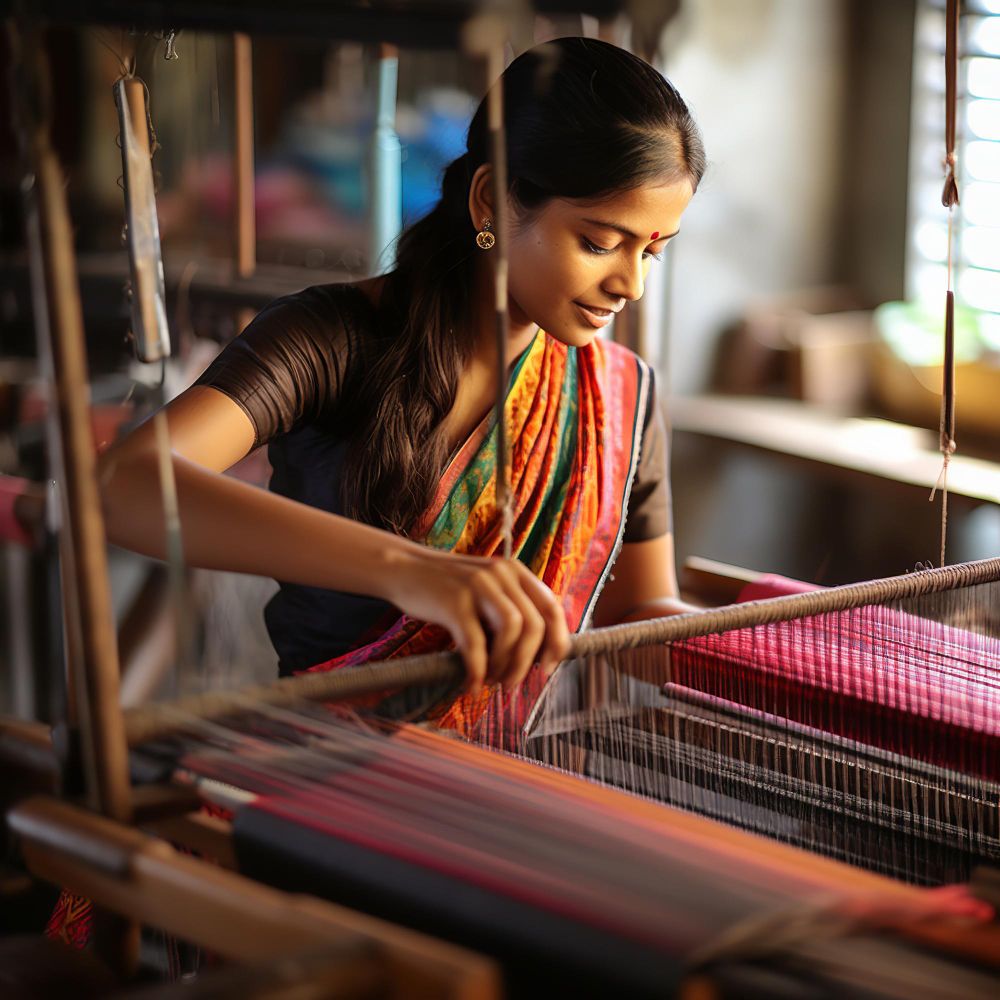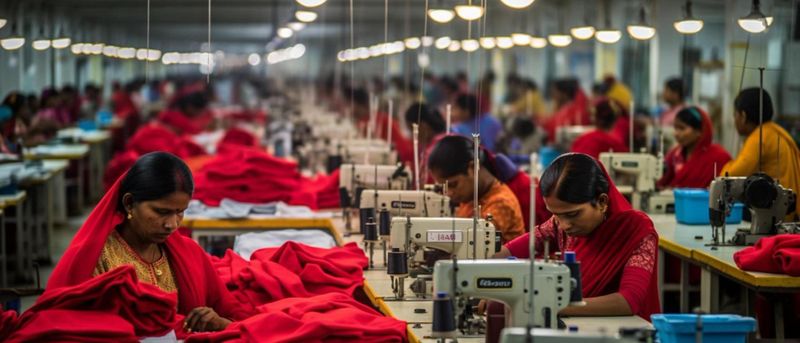In an era where fast fashion has dominated consumer choices, a significant shift is underway. Fashion brands are increasingly turning towards domestic clothing manufacturing to redefine their identity and value proposition. This transition is not just a business strategy; it's a commitment to quality, sustainability, and ethical practices. By focusing on domestic production, fashion brands can unlock an array of benefits that contribute to their growth and the well-being of the community at large.
## Embracing Quality and Customization
One of the most compelling reasons for fashion brands to invest in domestic cloth manufacturing is the unparalleled quality control it offers. Local clothing manufacturers are typically held to higher standards regarding materials and labor practices, ensuring that the final product reflects excellence in every thread. This proximity allows for a hands-on approach to manufacturing, where fashion brands can closely monitor the production process and make real-time adjustments. Such an advantage is crucial for brands that prioritize bespoke and high-quality offerings.

Moreover, domestic production fosters a closer relationship between clothing manufacturers and fashion brands. This partnership enables more effective communication and quicker turnaround times for custom orders, making it easier for brands to respond to market trends and consumer demands.
## Strengthening Sustainability
Sustainability has become more than just a buzzword in the fashion industry; it's a mandate for brands aiming to make a positive impact. Domestic clothing manufacturing plays a vital role in this mission by significantly reducing the carbon footprint associated with long-distance transportation. Additionally, local clothing manufacturers often adhere to stricter environmental regulations, promoting more sustainable production practices.

By aligning with domestic clothing manufacturing companies, fashion brands not only contribute to environmental conservation but also appeal to the growing demographic of eco-conscious consumers. This alignment with sustainability can serve as a powerful differentiator in a crowded market, enhancing brand reputation and loyalty.
## Nurturing the Local Economy
Choosing domestic cloth manufacturers is an investment in the local economy. It supports job creation and sustains the local workforce, fostering community development and prosperity.

Furthermore, by keeping production close to home, fashion brands can more easily navigate the complexities of supply chains, ensuring stability and reducing vulnerabilities associated with overseas manufacturing.
## The Edge of Innovation
Domestic clothing manufacturers, especially those in tech-forward countries like India, are at the forefront of innovation. These companies leverage cutting-edge technologies and materials to offer fashion brands unique and high-quality products.

By partnering with these innovators, brands can access the latest in fabric technology, production methods, and sustainable practices, setting them apart in a competitive industry.
### Integrating Advanced Technologies
The integration of advanced technologies such as 3D printing, AI-driven design, and automated sewing lines is revolutionizing the domestic clothing manufacturing industry. These technologies not only enhance the efficiency of the production process but also open up new possibilities for customization and design innovation.

For instance, 3D printing allows for the creation of complex textile structures that were previously impossible, while AI can predict fashion trends, enabling brands to stay ahead of the curve.
### The Role of Smart Fabrics
Another area where domestic manufacturing is making strides is in the development and use of smart fabrics. These materials, embedded with sensors or other electronic components, offer unprecedented functionality, from monitoring health vitals to changing color or pattern in response to environmental stimuli.

Fashion brands that tap into this innovative material science can offer products that combine style with significant added value, catering to the tech-savvy consumer looking for more than just aesthetics in their clothing.
Conclusion
Partnering with a domestic clothing manufacturer marks a pivotal moment for any fashion brand aiming to navigate the complexities of today's market while adhering to principles of quality, sustainability, and local community support. It offers a path to differentiate your brand through a commitment to these values, ensuring that every piece produced not only meets the highest standards but also contributes positively to the broader narrative of responsible fashion.

As the industry continues to evolve, this approach does not merely represent a business strategy; it embodies a vision for a more sustainable, innovative, and community-oriented fashion future. Incorporating ZYOD into this equation adds a layer of innovation and dedication to excellence, aligning with the forward-thinking ethos that the modern fashion landscape demands.






